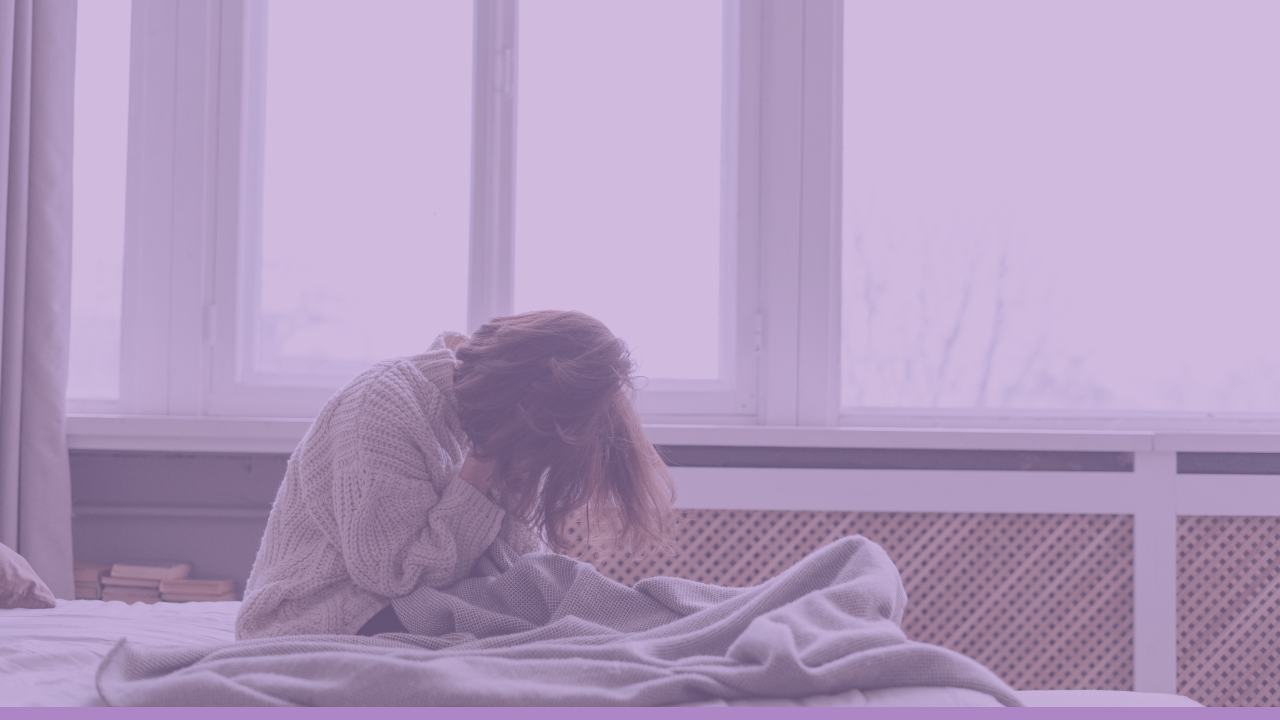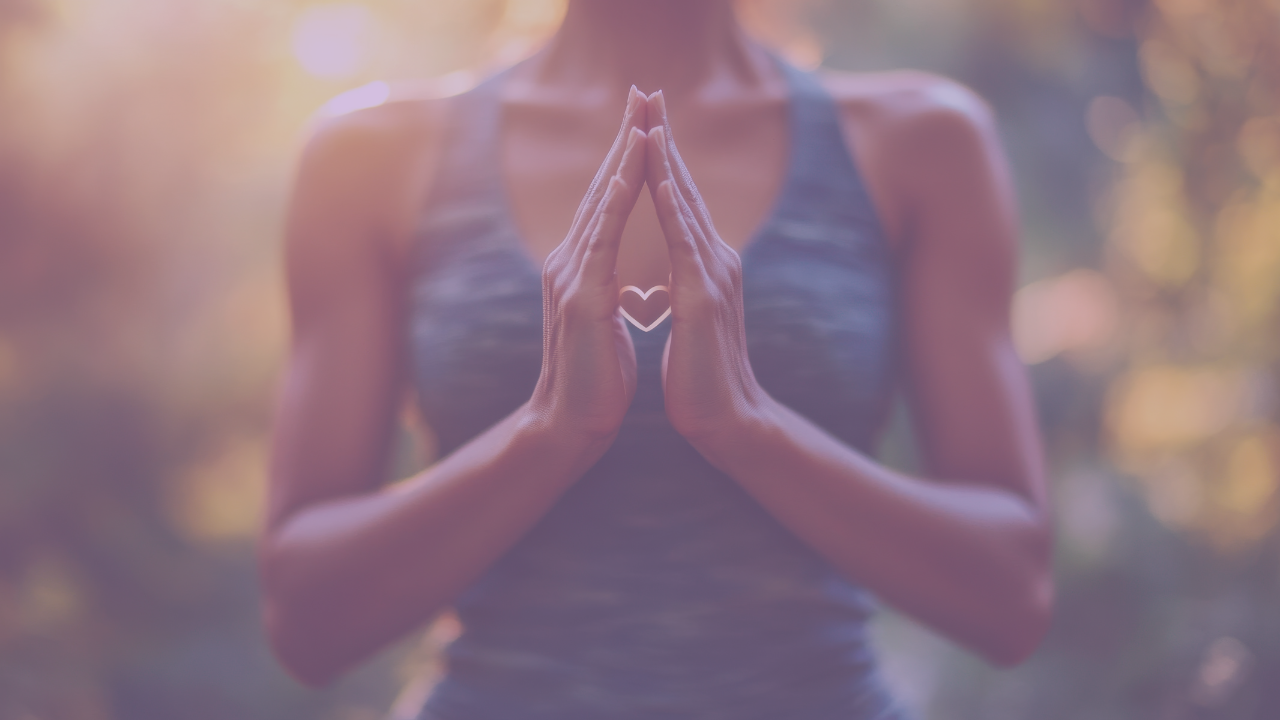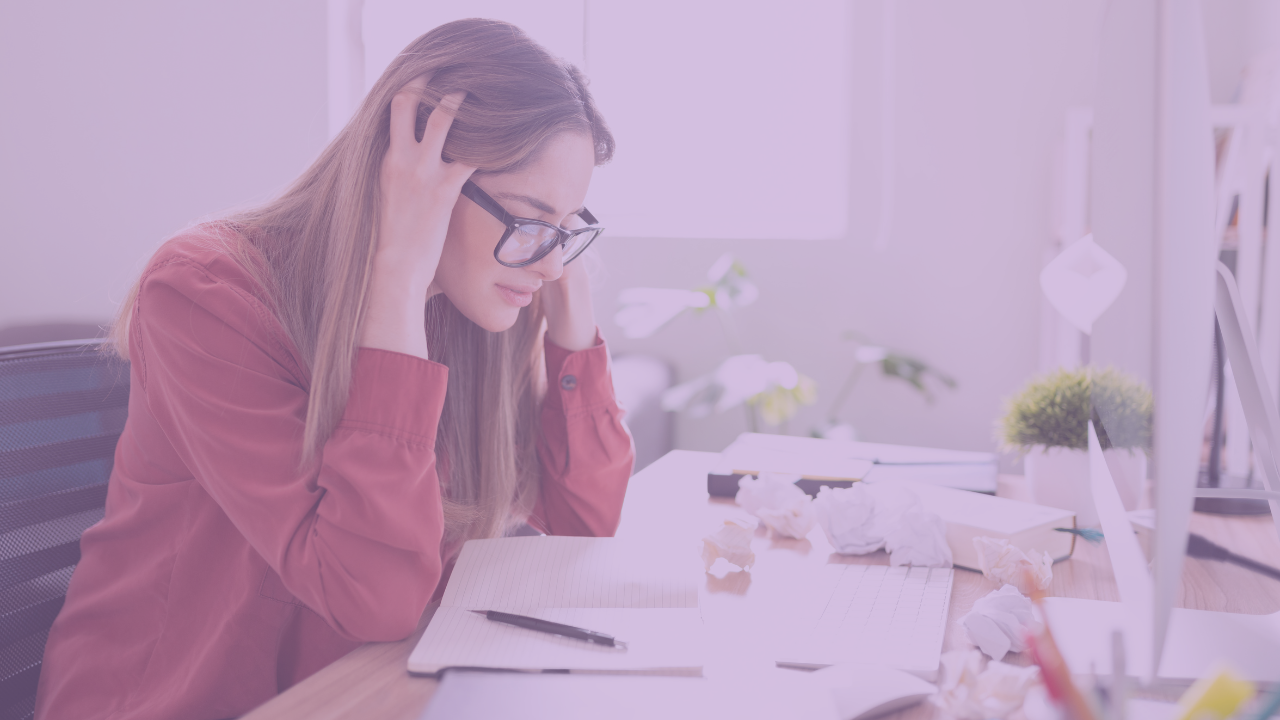“Meditation is not spacing out or running away. In fact, it is being totally honest with ourselves.” --Kathleen McDonald
If you’ve never meditated before, the practice can seem very foreign--perhaps something “other people” might do, but not you.
You may not even see the point of sitting in stillness for several moments, contemplating….what? Your breath? Your navel? Your woes and worries? How does THAT help anyone, you may wonder.
And yet, millions of people find benefit in meditation--and it’s NOT all spiritual or “woo-woo” love-and-light, high-vibration mumbo jumbo, either.
Meditation is simply allowing your body and your brain to be in the present moment--not worrying about the future or regretting the past. That’s really it, except our brains aren’t very good at staying in the present moment for long--hence the need for practice, patience, and guidance.
Let’s talk about what weekly mediation (and a practice of finding and staying in the present moment) could DO for you. And then, I’ll show you a way to try it easily and gently on your own, so that you can see if it’s a fit--for free.
Meditation knocks out stress (and who doesn’t love more calm?)
Our busy world bombards us with information relentlessly. You have to TRY to unplug because our connectivity never ends. Whether you like it or not, news stories, tragedies, weather events, politics, local crime, health scares, influencers, and sales pitches clutter up our brain space unhindered.
Plus, there are your work deadlines, relationships, family obligations, and daily chores to manage each day.
If you throw a death, birth, divorce, relocation, job change, or personal loss in there--you’re already at the edge of what your body and brain can rationally handle before a host of physical and mental health symptoms give you a timely “SLOW DOWN” message.
Even though “stress” has become a generalized, watered-down term we use to describe our frazzled mind state, stress is often the trigger for several alarming health conditions. If you have (or are at risk for):
- High blood pressure
- Elevated heart rate
- Thyroid problems or Hashimoto’s disease
- Lupus, IBS, or other auto-immune condition
- Anxiety
- Depression
- Acid reflux or GERD,
Stress is likely worsening your symptoms and could have triggered them in the first place.
Even though conventional medical interventions are crucial to help manage these conditions, reducing your stress through non-medical methods can make a huge difference in your recovery or disease management.
Practicing meditation for even 10 minutes a few times per week can tangibly diminish your stress response and may help you feel significant symptom relief.
But I can’t sit still--it drives me crazier than all the stress!
Meditation is called a “practice” for a very good reason---we have to gradually let our brains and bodies adjust to the absence of information overload. We’ve adopted relentless stimulation as our “norm,” and our systems have (painfully!) adapted.
It takes a few tries with a new habit to get over our “something’s different--and it’s uncomfortable!” response.
Plus, when we allow space for our emotions to arise--they can also be uncomfortable at first. That’s why it’s helpful to have guidance when you first start meditating. You’ll need an anchor to give your busy brain a focus while you’re adjusting to even a few moments of intentional stillness in your day.
Sidenote: some regular meditators find they have a better experience if they move their bodies while meditating. Taking a leisurely walk on a familiar path (while listening to a meditation recording or just the sounds of nature) or even washing the dishes slowly and noticing all the accompanying sensations are two examples of more active meditation.
The bottom line? There’s no perfect or “right” way to meditate.
How do I even begin to meditate?
The process is a simple one (but not always easy.) Start by setting aside 10 minutes 2 days this week. Find a quiet corner in your home or nature--it may help to shut off all your digital notifications and your phone ringer.
If other people are near you, be clear with them that for the next 10 minutes you’ll be taking some quiet time for yourself. It's like an adult "time out" that you want to take. It can be seen as a reward, rather than a punishment.
Then, find a comfortable place to sit or lie down, either in a chair, on the floor with a mat or blanket. Look for comfort and safety, so you can trust and fully relax into the experience.
Finally, gently close your eyes and slow your breathing. The first few times you meditate, it may be helpful to observe your body and mind. Notice how your muscles and joints feel, notice where your thoughts flow. Presto--you’re in the present moment.
And, if you’d like more guidance with your first few sessions, try my free, 4-part meditation series. You can sign up to receive the series in your inbox HERE.
Remember to stay curious about what happens as you try out meditation. Remember that it’s okay to drop your expectations and simply notice what IS.
Sara and Les
The Mindful Movement
PS: Here’s that LINK again for my 4-part series. I’d love to know how it goes for you.
Additional Resources:
Members Oasis for: Unlimited access to all Mindful Movement Meditations and Hypnosis Practices; Exclusive Members Only Content added EVERY month; Practice anytime, anywhere.
Purchase your favorite Meditation and Hypnosis practices from the Mindful Movement. You can download an MP3 file to listen to anytime, anywhere with no internet access necessary.
A personalized hypnotherapy session can support you in making a change you desire. It would be my honor to help you through the process of change that you are looking for.
Let us know how we can help. Please feel to leave a comment with any other suggestions, comments, or questions for the community!







